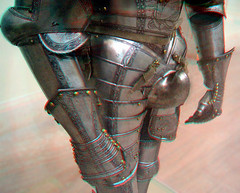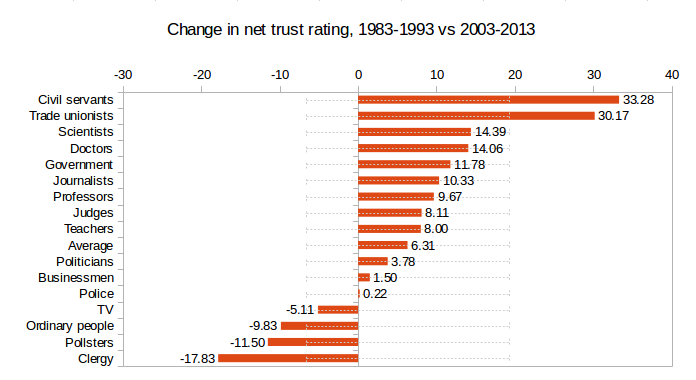Clay Shirky talks about hardware hacking in China, particularly in comparison to the US “Maker movement”.
The maker movement is akin to the idolisation of the countryside which followed urbanisation. Consciously or not, it’s recreation of a culture which has been lost. In this case, the “hardware hacking” culture has been destroyed by a few decades of cheap imports and complicated devices. By contrast, stereotypically “female” making has not been interrupted, so there is no need to rediscover it in the same way.
Maker culture is largely male culture in part because men are celebrating our triumphant return to a set of practices women never let go of in the first place. One of the reasons Craft never found an audience is that that audience had never been lost; Ravelry and Pinterest and Etsy do a good chunk of what Craft was meant to do, and without any of the “We here in the Maker movement could not be more pleased with ourselves” vibe.
So, tangent managed, here’s the analogy. Hardware hacking in the US vs. China is a bit like Maker culture between men and women. Hardware hacking hasn’t become a hot new thing in China because it never stopped being a regular old thing.
There’s much more of interest in the article; I think it’s also the first worthwhile thing I’ve found on ello.


